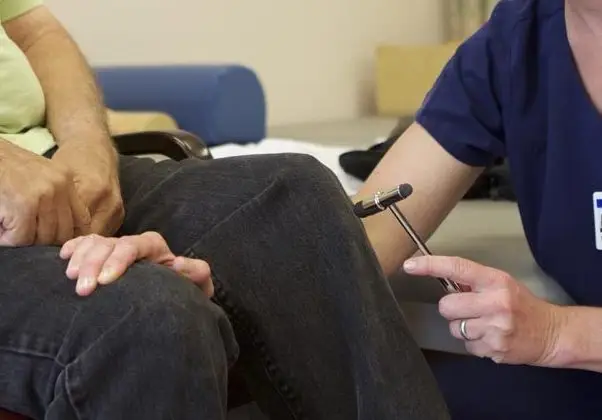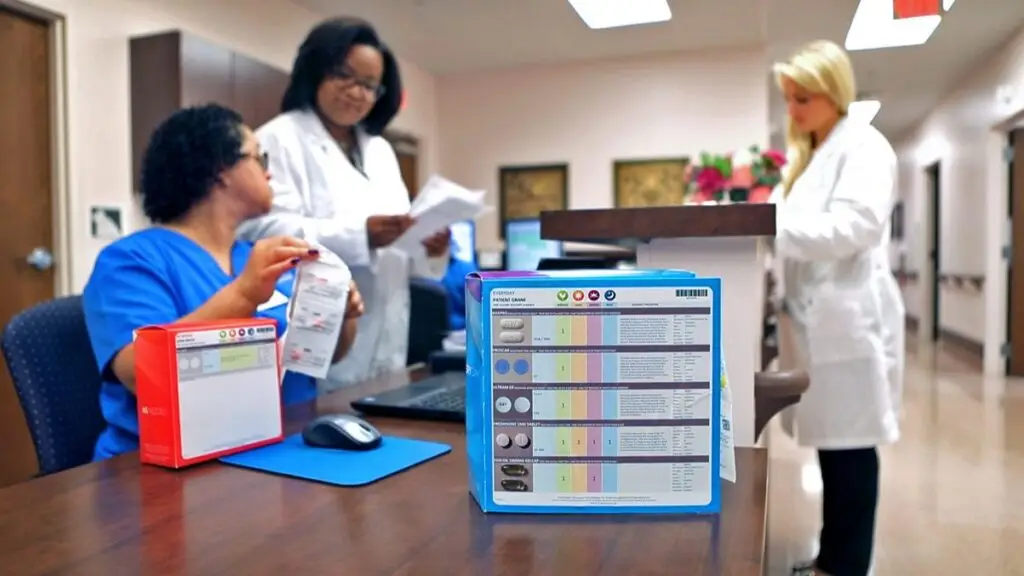Back on Your Feet – Why Physical Therapy Matters

Most people at some point in their lives have had to wrestle with an injury that required medical attention. After these injuries, most doctors will recommend physical therapy to their patients as a way to return to normal daily activities. What is less commonly known about physical therapy is the benefit that continued therapy can […]
A 4-step Guide to Protecting Bone Health in Seniors

Strong bones begin early in life as most people will gain more bone density than they lose each year. It is not until around the age of 30 that most adults reach their “peak” bone density and begin losing more bone density than they gain each year. That’s why, especially for seniors, bone health is […]
Medication Management, a Fall Prevention Tactic

Falls are one of the major causes of injuries in older adults. Although a number of factors can affect fall risks, medication management is perhaps one of the easiest tactics to use for fall prevention. As seniors age, their bodies change, and because of these changes, older adults have trouble ambulating and are at an […]
What Is Aphasia and How Can Speech Therapy Help?

According to the National Aphasia Association, “Aphasia affects about two million Americans and is more common than Parkinson’s Disease, cerebral palsy, or muscular dystrophy. Nearly 180,000 Americans acquire the disorder each year. However, most people have never heard of it.” Aphasia, or the inability to communicate, is a common problem among older adults; often occurring […]
6 Men’s Health Issues You Should Know About

June is Men’s Health Month—a time for raising awareness about health conditions and older men’s health issues. Men often let their health fall by the wayside, even as they grow older. As long as they feel healthy and productive, most men don’t consider the risks behind serious men’s health issues. But just like you’d take […]
Would You Know the Symptoms of Stroke?

Stroke is the third leading cause of death in the United States, and more than 140,000 people die from stroke each year. Immediate action is needed to prevent permanent damage to the brain, which is why it’s important to know the symptoms of stroke and react fast. Knowing the initial stroke symptoms can go a […]
Medication Management: What to Know About Drug Interactions

Seniors often take large numbers of medications to manage multiple health conditions. With the increased number of medications comes an increased risk of those medications interacting—with each other, with over-the-counter meds, and even with foods. If you’re like many caregivers, you’re at least partially responsible for managing the medication regimen for your aging loved one. […]
5 Facts to Know About Colorectal Health

Since 2000, March has been dedicated to an important—yet rarely talked about—topic. It’s Colorectal Cancer Awareness Month, and thousands of colorectal cancer survivors and advocates gather to spread the word about this potentially deadly disease. But how much do you or your aging loved one really know about colorectal health? Let’s take a look at […]
4 Things You Should Know About Heart Health for Seniors

February is American Heart Month, offering everyone an opportunity to think about their heart health. How’s your heart? Heart disease is a leading cause of death for both women and men in the United States, but it’s also largely preventable. If you’re like most Americans, though, your heart health might not be something you think […]
